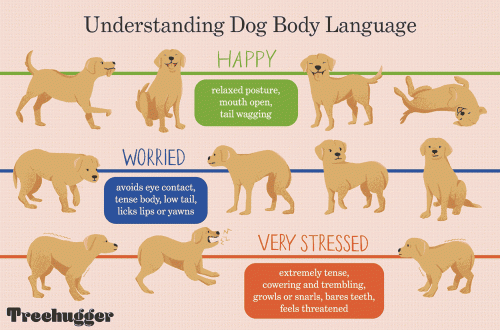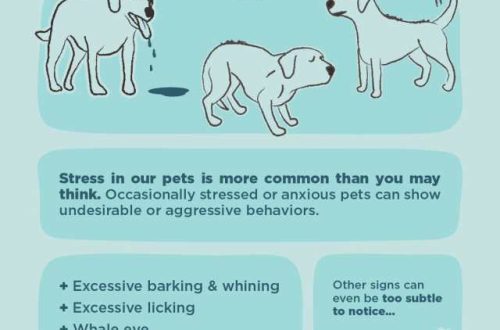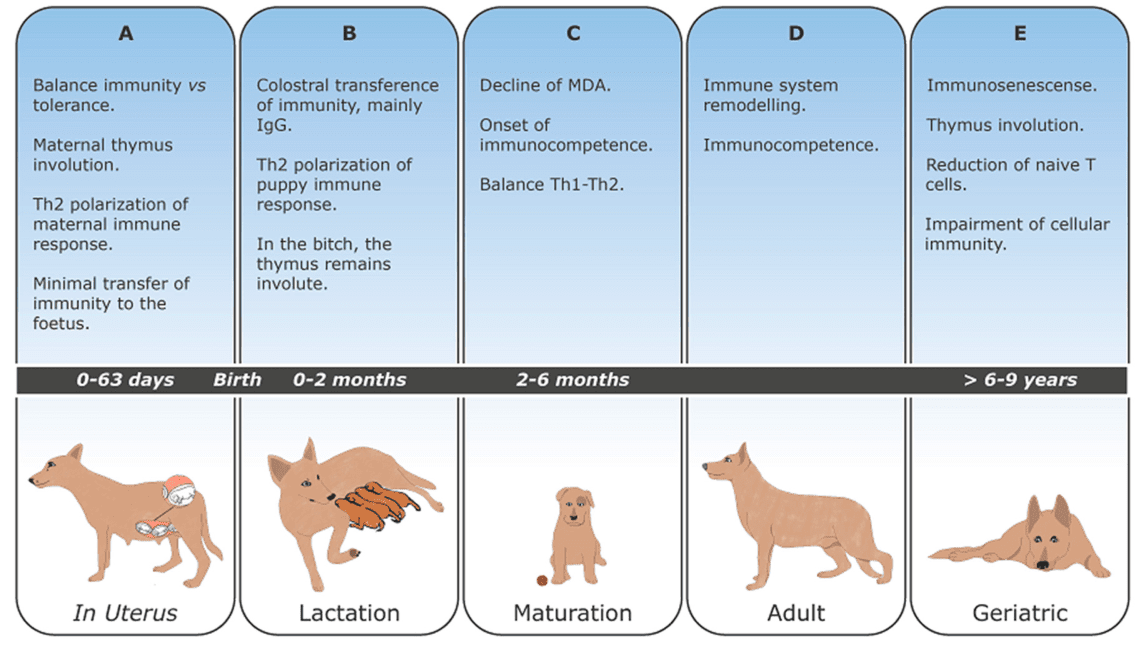
Vakslêdana kûçikan - rêbaz, taybetmendî, nexşe
Contents
Why vaccination is needed
The vaccine helps the dog develop immunity to a specific infection. It contains fragments of an infectious agent, which, when it enters a living organism, causes an appropriate reaction in the form of antibody production. Subsequently, if the pet encounters a similar invasion of infection, he will not get sick or the disease will pass in a mild form.
Dangerous dog diseases for which mandatory vaccination is carried out:
- harî;
- bela;
- enteritis (parvovirus, coronavirus);
- enfeksiyonên adenovirus;
- leptospirosis;
- hepatît enfeksiyonê;
- parainfluenza;
- parvovirus.
There are also vaccines against lichen, trichophytosis, microsporia.
Types of dog vaccines
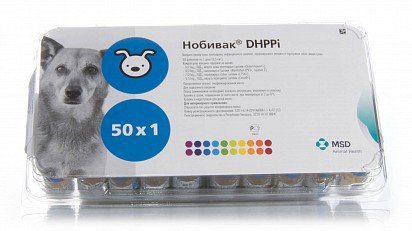
Nobivak preparations for dogs can prevent the development of the most common viruses
Canine vaccines are divided into attenuated and inactivated vaccines based on the active ingredient. The former are pathogens capable of reproduction. However, due to their weakness, they cannot cause the disease itself, but only stimulate the production of antibodies. The inactivated variant is represented by dead microbes. Such vaccinations have a slow and short-term effect, so they need to be repeated.
In addition, a distinction is made between single and multivalent vaccines. In the first case, the antigens of only one infectious agent are included. Examples of such vaccines are: Biovac-D, Multican-1, EPM, Primodog, Kanivak-SN, Rabizin. Several infections are included in the composition of polyvalent preparations. These include: Multikan-4 (6,8), Nobivak, Geksakanivak, Vanguard-7 and others. Polystrain preparations, as a rule, are not given to puppies, as they overload the immune system too much.
Vaccines can be of domestic and foreign origin. Among Russian drugs, they have proven themselves well: Hexakanivac, Multikan, Vakderm, Polivak. Among the “foreigners” stand out: Nobivak, Eurikan, Vanguard, Hexadog. Each of the drugs has its own characteristics and schemes of administration.
Most often, vaccines are given subcutaneously (at the withers)
Vaccination of dogs up to a year
You can start vaccinating a puppy as early as 1,5 months of age. At this time, vaccination against dermatomycosis, distemper and parvovirus enteritis is allowed. However, most often, preventive measures begin when the puppy is 2-2,5 months old.
In general terms, the vaccination scheme is as follows:
- complex vaccination against infectious diseases (enteritis, hepatitis, leptospirosis, distemper, parainfluenza);
- after 3-4 weeks, a comprehensive revaccination against infectious diseases and vaccination against rabies;
- after 3-4 months, a revaccination against rabies and a second one against infectious diseases are carried out;
- Subsequently, vaccinations are given once a year.
When to start vaccinating – the veterinarian decides after examining the puppy. Debilitated and sick dogs require a delay. If the pet is healthy, and given that disease prevention begins at 2 months, the vaccination schedule for dogs up to a year will look like this.
Kalbûn
What is the vaccine for?
2-2,5 mehan
Infectious diseases (primary)
3-3,5 mehan
Contagious diseases (revaccination), rabies (primary)
6-7 mehan
Infectious diseases (repeated), rabies (revaccination)
mehan 12
Infectious diseases, including ringworm (repeated)
Vakslêdana kûçikên mezinan
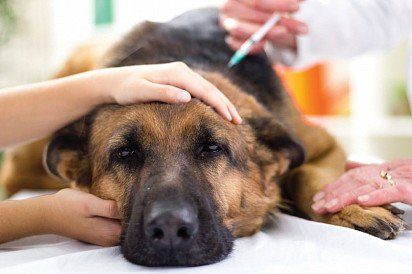
Vaccination of an adult dog
Dogs older than one year are supposed to carry out annual vaccination: injections are given once at regular intervals. It is allowed to vaccinate four-legged friends against contagious diseases once every 2 or 3 years, however, the rabies vaccination must be delivered strictly after 12 months.
If the dog is elderly or elderly, then the decision whether to inject or not is made based on the state of his health. The vaccine can provoke an exacerbation of a pet’s chronic diseases and further weaken the immune system. Again, rabies vaccination should be given in any case. According to the current legislation, the owner cannot refuse it.
How to properly vaccinate
In order for the vaccination procedure to have only a positive effect on the dog’s body and not lead to complications, you need to follow some rules.
- The dog must be completely healthy. Even the slightest malaise, lack of appetite, fatigue and other conditions are the reason for delaying the injection.
- Before vaccination, the pet must be dewormed. You need to give a medicine for worms 14 days before the procedure.
- It is undesirable to vaccinate dogs during the change of teeth. A number of drugs have the ability to change the color of tooth enamel.
- Puppies under 8 weeks of age are not recommended to be vaccinated. Early administration of the vaccine will weaken the immunity received from mother’s milk. And since they don’t have their own yet, puppies can be completely defenseless against infectious diseases.
- In addition to deworming, the dog must be treated for external insects. Treatment is also carried out two weeks before vaccination.
- Most vaccines negatively affect the development of the fetus, so if dogs are to be mated, then the vaccine cannot be done. There must be at least 12 weeks between vaccination and mating.
- It is best to vaccinate on an empty stomach.
- If the dog suffers from a tendency to allergic reactions, then an antihistamine can be given to it first. What exactly – it is better to consult a doctor.
We should not forget that after vaccination, the pet may develop anaphylactic shock, so the first few minutes you need to stay close to the veterinary clinic.
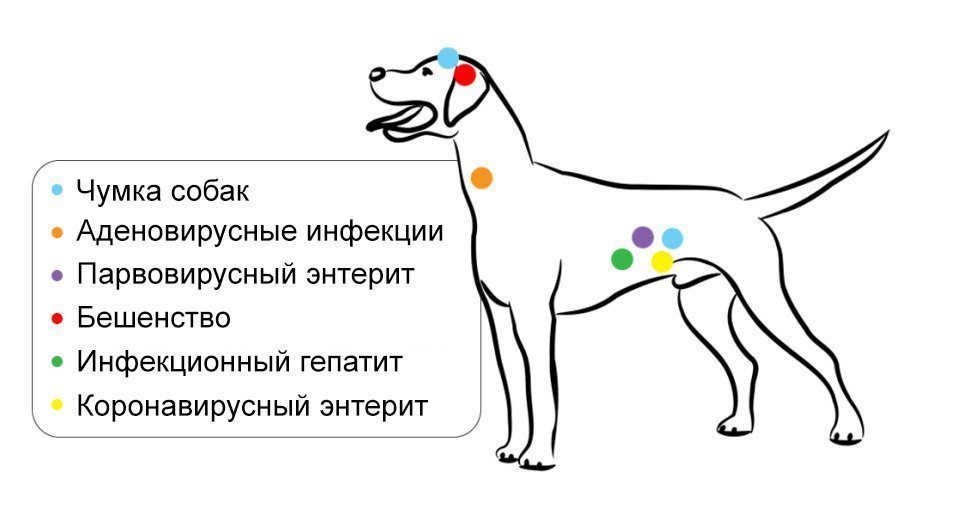
Where do dog injections from major viruses
Features of rabies vaccination
Although the overall situation with rabies in Russia is favorable, the likelihood of an outbreak of this dangerous disease remains. Russian law obliges every owner of a four-legged friend to vaccinate him once a year. If the owner of the dog refuses to administer this vaccination to his pet, then he will face administrative punishment.
The legislation also provides for free vaccination against rabies. Such vaccinations are not included in the cost of services even in private clinics. To give an injection, you can contact the state veterinary hospital. Often, primary comprehensive vaccination against infectious diseases in a state hospital is paid for, and further actions according to the scheme will be free. Moreover, if you vaccinate against rabies in such an institution, then accompanying events will also be held free of charge. Among them: examination of the animal, antihelminthic therapy, registration of a dog’s passport, installation of a chip.
Contraindications ji bo vakslêdanê
Not all dogs can be routinely vaccinated. Among the contraindications should be noted:
- feverish state;
- diseases in acute form;
- 14 days before and after ear and tail cropping;
- change of teeth;
- planned mating;
- severe weakening, exhaustion of the dog’s body (for example, after an illness, surgery);
- dûcanî.
How much does vaccination cost
Prices for preventive vaccinations for dogs vary depending on many factors:
- features of the vaccine (manufacturer, composition);
- the place of vaccination (at home or in the clinic);
- pricing policy of a veterinary institution (budget, medium, premium, luxury).
For example, administering an injection at home will cost 500 rubles more than if you bring your pet to the clinic. It will be more costly to vaccinate a dog with an imported complex vaccine than a domestic one. On average, the cost of a comprehensive vaccination is about 1500 rubles.
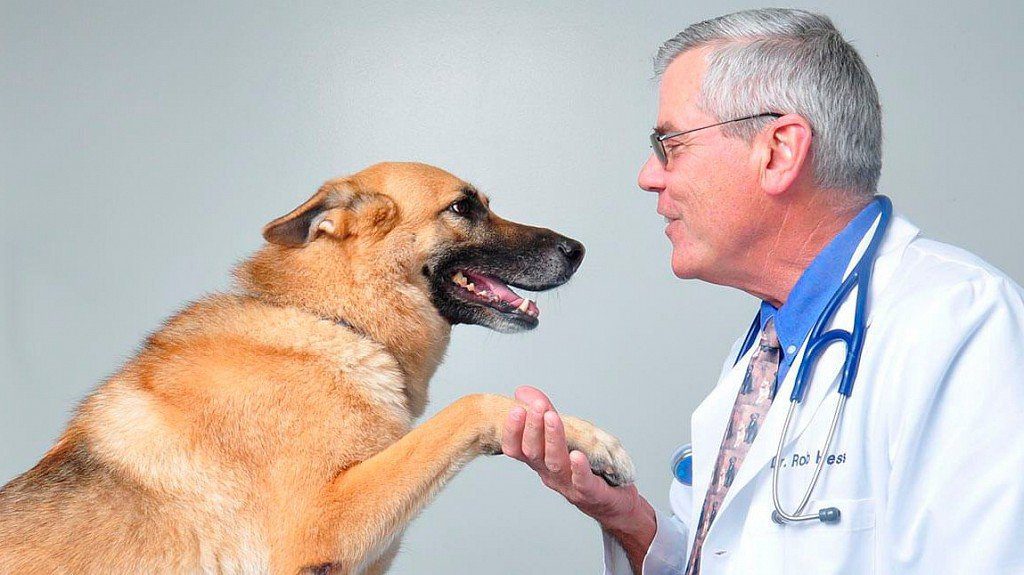
Don’t forget to vaccinate and your dog will be healthy!
Where is the best place to get vaccinated?
Many owners try to vaccinate their pet at home. On the one hand, the dog feels more confident, which has a positive effect on health and the ability to tolerate the vaccine. However, there is a danger that the condition of the animal may deteriorate sharply, for example, due to an allergic reaction, anaphylactic shock, and then emergency veterinary care will be required.
It is best to bring the pet to the clinic, undergo a preliminary examination, administer the vaccine and wait a while. You can walk around the clinic or sit in the car. After making sure that everything is in order with the response of the body, you can go home.
Any owner wants to see his pet healthy and cheerful. The key to this condition of the dog is a timely vaccination.




